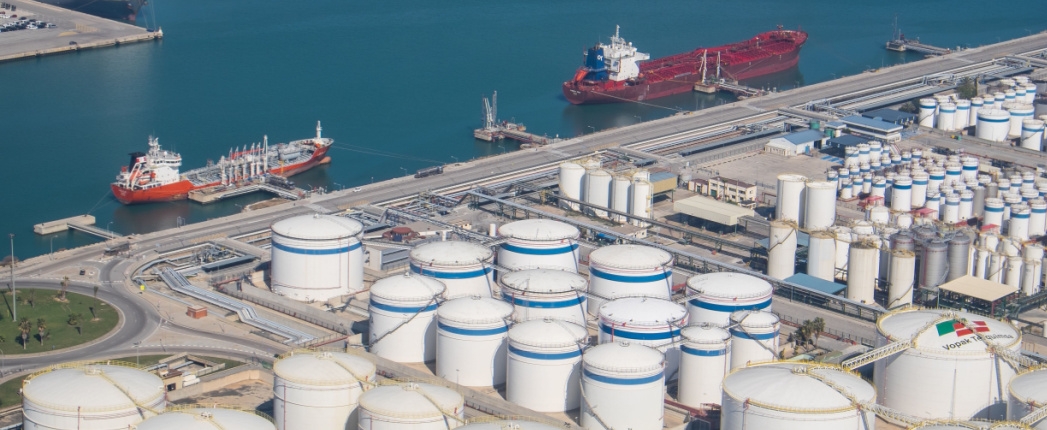
A fuller ban on Russian oil imports to the European Union took effect on schedule last weekend, but the bloc and allies did not include base oils on the list of products covered by price caps when exported to other nations.
Analysts say the policies are causing a cascade of shifts in global trade flows for crude and oil products as Russian companies that previously supplied boycotting nations look for alternative customers and customers that fall under the ban turn to different suppliers.
Fuels from Venezuela, Iran, Qatar, Saudi Arabia or even India could replace the volumes formerly supplied into Europe from Russia, said Tamara Kandelaki, head of InfoTek Consult, a Moscow-based consultancy in the Russian refining industry.
“Practically, with the imposition of this embargo, there are processes going on for lifting the sanctions imposed on Venezuela and Iran,” she said, adding that Venezuelan oil will be shipped for processing in the U.S., in addition to heavy Canadian oil used by Americans.
“Middle Eastern products will be redirected to Europe, and gasoline coming from this region could go to the U.S.,” Kandelaki said. She offered fewer ideas of what base oil producers could replace Russian base oils that had been going in Europe but predicted that costs of shipping from more distant locations will raise base oil costs in Europe.
The ban adopted by the European Commission prohibits member countries, except for a few that rely very heavily on Russian supply, from importing Russian crude or petroleum products beginning last Sunday. Products loaded before then still may be delivered for 55 days.
EU companies are also prohibited from shipping such products to other nations or providing the financing or insurance that facilitate such shipments to other nations unless they are sold at or below prices set Saturday by the commission. Those caps are $100 per barrel for products such as diesel that trade at a premium to crude and $45/bbl for those trading at a discount, such as naphtha and fuel oil.
These policies are part of the broader set of financial, banking and technological sanctions against Russia, meant to damage its economy and limit its ability to fund the war in Ukraine. Since European and other nations began boycotting Russian crude and petroleum products, other nations such as China and India have increased the volumes they import from Russia, often at discounted rates.
Analysts said it would be difficult to broaden price cap policy to cover more petroleum products because the market for some is too segmented. Base oils, for example, have numerous categories – some with significant differences in prices – that may be used for different purposes and be subject to different market conditions ranging from climate to regulations.
Denis Varaksin of Berlin-based DYM Resources does not expect a price caps for base oils.
“It is hard to set a price cap for a fragmented market like base oil – this is not diesel, which is the same everywhere,” he told Lube Report last week. “Also, the market is relatively small, and Europe can replace Russian base oils from other import destinations.”
Before the war in Ukraine, Russia exported around 1 million tons of base oils annually, the lion’s share of which was shipped to European markets.
Europe’s ability to handle disruptions in base oil imports has improved the past few years thanks to new plant openings and capital improvements to plants within the region. These include ExxonMobil’s 24,000 b/d Group II base oil plant in Rotterdam, SK-Repsol joint venture’s base oil plant in Cartagena with capacity of 5,900 b/d of Group II and 11,000 b/d of Group III base oil, or Neste’s 5,100 b/d Group III base oil plant in Porvoo, Finland.